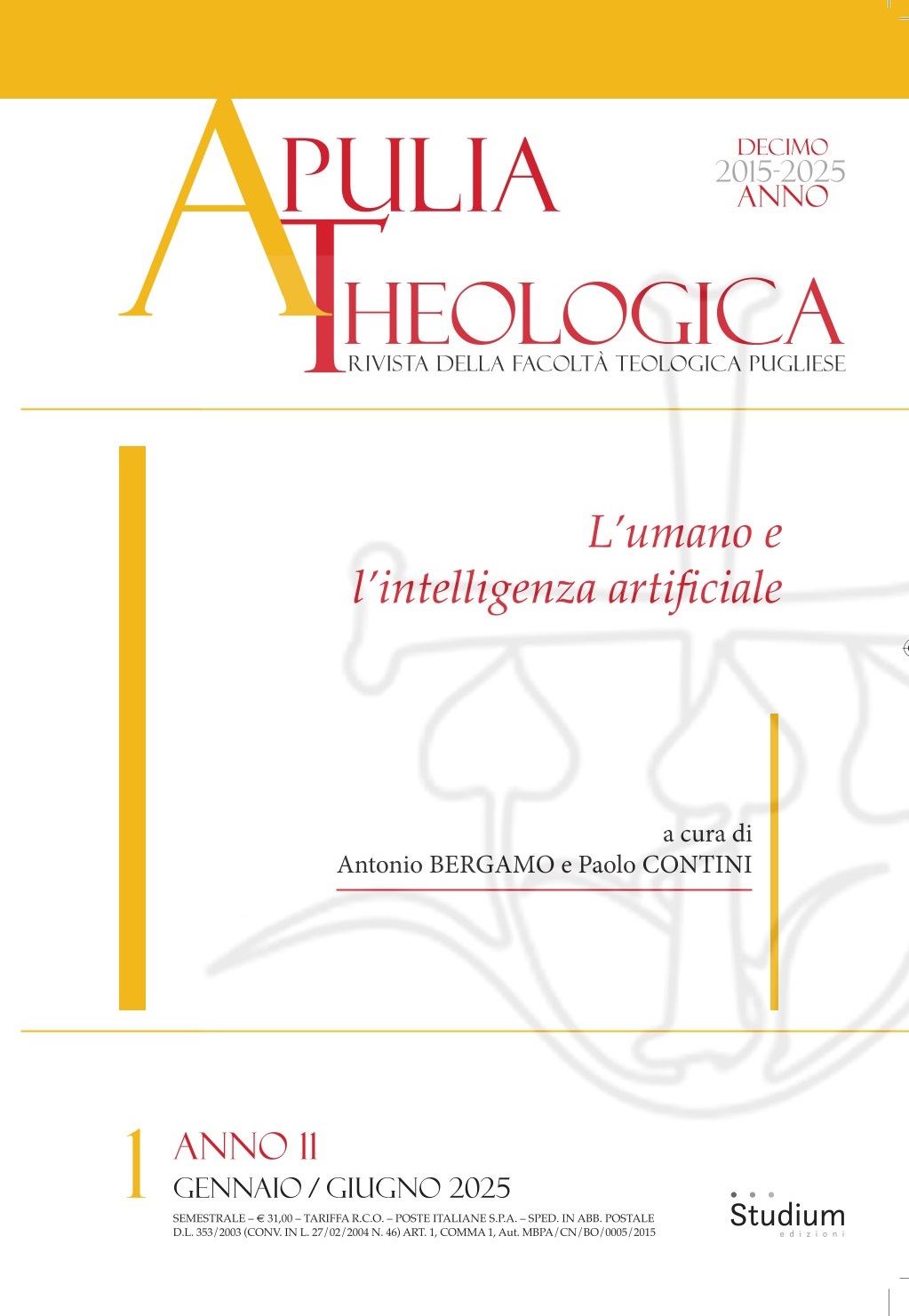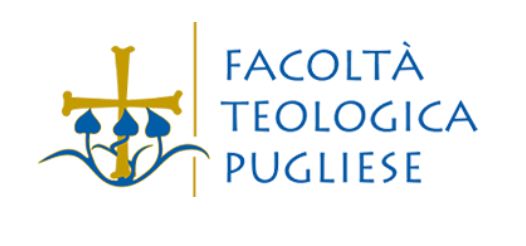Sessualità e matrimonio: un legame indissolubile?
DOI:
https://doi.org/10.71628/apth.v11i1.127708Abstract
Uno dei punti di maggior distanza tra l’insegnamento morale della Chiesa e la vita reale delle persone è costituito dal considerare la relazione matrimoniale come l’unico contesto adeguato a un lecito esercizio della sessualità tra l’uomo e la donna. Alla luce del cambio di paradigma in teologia emergente dall’Amoris laetitia, sembra necessario chiedersi se sia possibile ripensare tale proposta normativa, pur rimanendo all’interno di quel medesimo quadro valoriale che, in ultima analisi, ha come fondamento l’esercizio della carità. Lo studio dei testi biblici di riferimento e dell’iter storico che ha condotto al radicarsi dell’indissolubilità del legame tra sessualità e matrimonio consente di ipotizzare che il dato oggettivo del patto coniugale come fondamento della bontà morale degli atti sessuali possa, nell’attuale contesto culturale, essere sostituito dalla presenza di una particolare forma di carità cristiana, che possiamo chiamare, per distinguerla dall’amore coniugale, amore di coppia. Di questa espressione della carità, il linguaggio sessuale sembra poter essere considerato come manifestazione propria. Un tale cambio di prospettiva porterebbe con sé almeno due conseguenze di rilievo. Da un lato, il matrimonio cristiano verrebbe riscoperto come una vera e propria vocazione che il Signore, nella sua libertà di elezione, riserva solo ad alcuni uomini e donne coinvolti in un amore di coppia, affidando loro, come coniugi, una specifica ministerialità. Per gli altri, questo tipo di relazione, non sigillata del patto coniugale, cesserebbe di essere considerata come una condizione irregolare che, di fatto, relega le persone ai margini della vita ecclesiale e verrebbe, piuttosto, riscoperta come un ambito in cui i battezzati sono chiamati a vivere in pienezza una della molteplici forme della carità cristiana.
One of the major points of distance between the Church’s moral teaching and people’s real lives is the consideration of the marriage relationship as the only appropriate context for the licit exercise of sexuality between a man and a woman. In light of the paradigm shift in theology emerging from Amoris laetitia, it seems necessary to ask whether it is possible to rethink this normative proposal while remaining within the same value framework that ultimately has as its foundation the exercise of charity. The study of the biblical texts of reference and of the historical process that led to the deep rooting of the indissolubile bond between sexuality and marriage allows us to hypothesize that the objective fact of the conjugal cov-enant as the foundation of the moral goodness of sexual acts can, in the current cultural context, be replaced by the presence of a particular form of Christian charity, which we can call, to distinguish it from conjugal love, couple love. Of this expression of charity, sexual language seems to be able to be considered as its own manifestation. Such a change of perspective would bring with it at least two major consequences. On the one hand, Christian marriage would be rediscovered as a true vocation that the Lord, in His freedom of election, reserves only for some men and women involved in love as a couple, entrusting them, as spouses, with a specific ministry. For others, this kind of relationship, unsealed by the marital covenant, would cease to be regarded as an irregular condition that, in fact, relegates people to the margins of ecclesial life and would, rather, be rediscovered as an area in which the baptized are called to live out in fullness one of the many forms of Christian charity.
##submission.downloads##
Pubblicato
Fascicolo
Sezione
Licenza
Gli articoli della rivista sono open access.
Sono sotto embargo solo i contributi dell’attuale annata.
Disclaimer
If you find yourself being the copyright holder of an image and you object to your image being shown on the e-Journal version, please get in contact with the University Library of Tübingen immediately.


